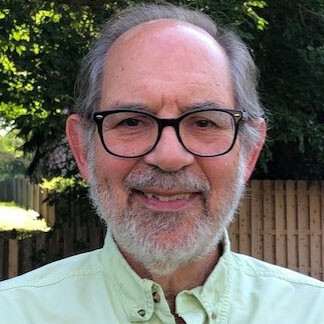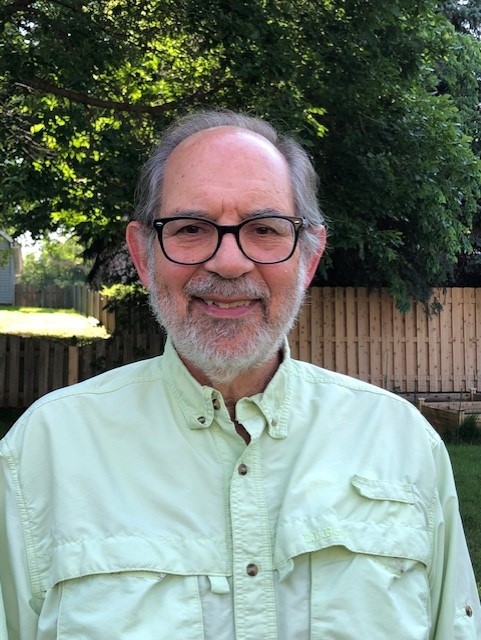
Nebraska researchers have played a key role the past decade in helping the state’s court system improve efforts to dispense justice fairly and equitably.
Working with the Nebraska state court system, Lancaster County, the Nebraska Crime Commission and other agencies, Richard Wiener, Charles Bessey Professor of psychology, evaluates youth and adult programs and assessment instruments.

“One of the factors in each project is to look for issues of concern for ethnic minorities, such as disparate treatment,” Wiener said.
The university’s relationship with the Nebraska judiciary began about 10 years ago, when Wiener first met with representatives from the judiciary who wanted to advance evidence-based policymaking, including diversity and inclusion issues. Law enforcement and the justice system do a great job of gathering data, Wiener said, but “they don’t have the expertise to know how to analyze the data to answer the kind of questions they wanted to answer.”
Wiener said his work with Nebraska’s probation division is especially key. Among probation officers’ responsibilities is conducting pre-sentence investigations of defendants after they’re convicted; the reports they produce are used to help judges determine appropriate dispositional outcomes.
“When they do assessments and evaluations of individual clients, are the assessments unbiased? Are they able to predict as well for minority clients as for majority clients?” he said. “We looked at some of their tools to make them more equitable as needed. Then we started doing some program evaluations to help them understand their data to see if there are disparate impacts.”
For example, if risk assessments of individuals tend to predict more risk of re-offending for Black or other defendants of color than for whites, “there’s a problem,” Wiener said. The differences may not be based on race; they could stem from structural, economic or educational differences.
But it’s important to understand the whys, Wiener said.
Among the broad lessons Wiener has drawn from his work: Programs and tools do not necessarily work the same in every jurisdiction. A tool that is successful or unsuccessful in California or New York might not work the same in Nebraska, “which is a very different place; very different culture, very different people.”
One example is the use of school resource officers, or SROs. One fear is that SROs can contribute to a school-to-prison pipeline, especially for minority youth. That doesn’t appear to be the case in Lincoln, Wiener said. His study of local data shows that young people’s encounters with SROs are more likely to keep them out of the criminal justice system, diverted instead to school programs that address their needs.
Wiener said Nebraska’s efforts are part of a nationwide partnership between justice systems and social scientists.
“It’s really good psychology, it’s good science, it’s good law and psychology combined,” said Wiener, who has a courtesy appointment in the College of Law and is a former director of Nebraska’s Law-Psychology Program.
“The agencies are really struggling with trying to figure out what to do, and the university has a big role to play in trying to help them think this through and develop models, and this is a nice way for the university to fulfill our land-grant mission,” Wiener said.
Current efforts are focused on strengthening the state’s problem-solving courts, which are used to help accused offenders who have drug or mental health issues while keeping them out of the regular court system.
“We’re helping write standards for them — trying to be assured that there’s a mechanism for collecting data to make sure the courts are unbiased,” as well as guidelines to make corrections as needed to address diversity concerns, Wiener said.
He’s also pleased to see efforts outside the justice system and university to address these issues. He cited two university-assisted programs in Omaha that aim to provide leadership skills and mentorship to youth of color and refugees.
“I’m impressed with the fact that there are a lot of grassroots efforts in Nebraska of people trying to do these kinds of innovative work with kids and adults who just desperately need a helping hand,” he said. “It makes me optimistic for the future.”








